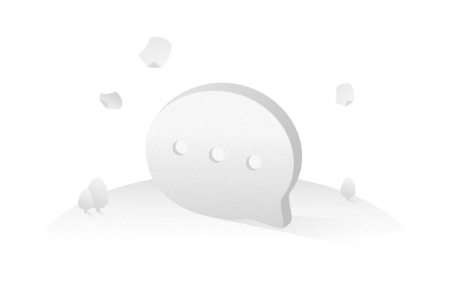1
00:00:02,833 --> 00:00:05,300
Next we start soldering towards the motherboard
2
00:00:07,300 --> 00:00:08,566
Clean it first
3
00:00:35,733 --> 00:00:42,033
After cleaning, give the motherboard a little heat
4
00:00:43,666 --> 00:00:47,766
Add some solder paste
5
00:01:24,900 --> 00:01:29,566
The position in the upper left corner is the pin we identified just now
6
00:01:29,766 --> 00:01:34,933
Next, we put the pin of the CPU in this direction
7
00:01:36,466 --> 00:01:42,300
You can see the logo on the back of the CPU, here is a small triangle
8
00:01:43,000 --> 00:01:46,533
Facing this triangle to where we marked
9
00:01:46,833 --> 00:01:49,433
There is a dot at this position on the front
10
00:01:50,733 --> 00:01:53,833
This is a Huawei phone
11
00:01:54,833 --> 00:02:00,100
There is a alignment line on the side, let's align the alignment line
12
00:02:03,300 --> 00:02:05,233
The location is almost filled
13
00:02:05,233 --> 00:02:10,700
Next we start heating, the temperature is about 20 degrees lower than when it was disassembled
14
00:02:11,766 --> 00:02:16,066
The temperature was 340 degrees when it was dismantled,
15
00:02:22,100 --> 00:02:25,000
now we adjust the temperature to 320 degrees
16
00:03:00,033 --> 00:03:01,500
It's about to melt
17
00:03:13,966 --> 00:03:15,266
Solder oil is out now
18
00:03:15,566 --> 00:03:20,933
If your hand is relatively steady, you can use tweezers to push it slightly to see if it can move
19
00:03:23,066 --> 00:03:24,700
The temperature is not enough
20
00:03:30,233 --> 00:03:34,033
In fact, when installing the lower layer, the tin does not need to be specially blown
21
00:03:34,566 --> 00:03:37,033
When you can install the upper layer, blow it for a while
22
00:03:42,766 --> 00:03:48,233
Because when the lower layer is blown, it is directly heated on the surface of the chip.
23
00:03:48,233 --> 00:03:52,133
When the cover is installed, it is separated by a thickness of the cover
24
00:03:55,666 --> 00:04:00,300
When soldering, apply a little solder paste to the position of the edge solder joint
25
00:04:01,066 --> 00:04:03,433
Pin 1 is in the upper left corner
26
00:04:08,066 --> 00:04:11,866
You can also see a triangle logo at this position on the top cover
27
00:04:24,166 --> 00:04:26,166
The location is about the same
28
00:04:26,933 --> 00:04:29,333
The upper and lower floors are basically the same size
29
00:04:29,433 --> 00:04:32,466
Some upper floors will be smaller than the lower ones
30
00:04:32,666 --> 00:04:36,700
In this case, just leave the space on both sides, and give it a good spacing.
31
00:04:39,100 --> 00:04:40,233
The temperature is still set to the same
32
00:05:21,766 --> 00:05:23,900
The solder paste on the lower layer has already come out,
33
00:05:23,900 --> 00:05:25,866
so the upper layer should basically be almost the same
34
00:05:25,866 --> 00:05:28,100
You can move it a little bit with tweezers
35
00:05:29,433 --> 00:05:33,100
Well, the homing action can be clearly seen
36
00:05:35,900 --> 00:05:38,733
Next, let's make up the inductor that we just removed.
37
00:05:39,566 --> 00:05:41,500
Don't forget to make up this inductance
38
00:05:48,900 --> 00:05:52,166
The one near the CPU basically supplies power to the CPU.
39
00:05:52,866 --> 00:05:56,500
If you don't fill it up, the CPU won't work.
40
00:06:01,166 --> 00:06:05,966
You will mistakenly think that the CPU is not installed properly
41
00:06:47,066 --> 00:06:50,233
In this way, we have already soldered this CPU






